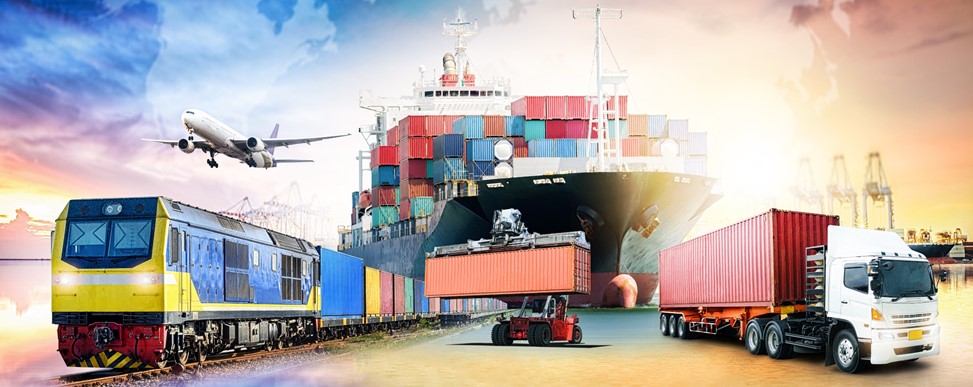INTERNATIONAL LOGISTICS: UPDATE OF THE SITUATION

A rather strong demand and a still important saturation of the supply chain
While the major players in global logistics are doing their utmost to reduce port delays and congestion, demand is still high as the holiday season approaches.
Heavy congestion in all corners of the world
Many importing and exporting countries are facing numerous obstacles to the smooth running of the supply chain.
This is the case in China, which has been facing repeated power outages for the past few months and has instituted a strict policy of closing factories and ports at the slightest detected case of COVID. This has a significant impact on global supply chains. Loading and unloading times remain long and on average a container takes almost 70 days to travel from China to Europe, compared to 50 days in early 2020.
The United States is also particularly affected by port congestion, especially at the ports of Los Angeles-Long Beach. The delay in delivery is not decreasing despite the various measures put in place by the Biden administration.
The latter has ordered a 24/7 work rate in the ports and has introduced a surcharge of $100 per day (increased by an additional $100 the following days) for any container not evacuated in time to free up space. The surcharge will be in place as of November 1, 2021 and is non-negotiable in all cases. The Governor of California has also signed an executive order to make port passage more fluid through various measures (stacking up to 4 containers instead of 2 in terminals, evaluating and identifying priority freight routes, finding public and private land that can be leased for container storage).
In Europe, it is still complicated in the United Kingdom in the port of Felixstowe where, as a result, several container ships are diverted to European ports. The situation is expected to last, especially since, like the United States, the country is suffering from a severe shortage of truck drivers. It should also be noted that these disruptions in the supply chain are causing a significant shortage of raw materials on the continent. The ports of Antwerp and Rotterdam are seeing a slight improvement in their port congestion rates.
On the carrier side
Shipping companies are doing their utmost to reduce transport times. Their fleets are used to the maximum for the most part, a system of redirecting ships to secondary ports is put in place whenever possible, and their ship capacity is used to 100%.
As for the airlines, often used as an alternative to shipping, they are also at the top of their capacity. The volume transited increased by 9.1% in September 2021 compared to September 2019 according to IATA data, but this is not enough to stop the accumulated delays.
The development of the rail axis is favored in Europe, Asia and even the United States in order to optimize the decongestion of ports.
International logistics is still operating on a just-in-time basis and a return to normal traffic is not expected before the middle of next year according to estimates.
Balguerie's teams keep abreast of evolutions and do their utmost to offer you the best solutions given the current situation.
Tags: BALGUERIE

